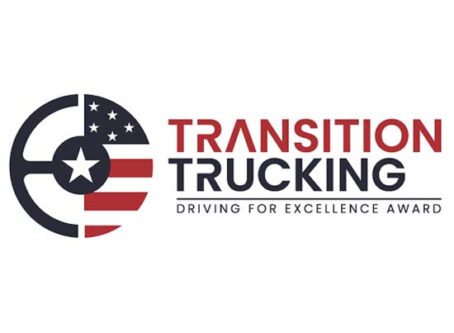Union officials warn strike could lead to repeat of ‘chaos’ at border
With members of the Canada Border Services Agency voting to strike, union officials are warning that it could cause significant disruptions to commercial cross-border traffic.
On Friday, May 24, more than 9,000 members of the Public Service Alliance of Canada – many of whom work for CBSA – overwhelmingly approved a strike mandate. The vote, which was held from April 10 to May 23, showed that 96% of the union’s members were in favor of taking action.
Those impacted by the strike notice include border services officers at airports, land entry points, marine ports and commercial ports of entry, inland enforcement officers, intelligence officers, investigators, trade officers and non-uniformed headquarters staff.
According to PSAC, workers have been without a contract for over two years. Through this action, the union is seeking:
- Fair wages that are aligned with other law enforcement agencies across the country
- Flexible telework and remote work options
- Equitable retirement benefits
- Stronger protections around discipline, technological change and hours of work
In a joint statement, Chris Aylward, PSAC national president, and Mark Weber, Customs and Immigration Union national president, said the impending strike could lead to significant issues for truckers.
“Together, we have a lot of power. Our strike in 2021 brought commercial cross-border traffic nearly to a standstill, causing chaos at ports of entry across the country,” the statement read. “Unless they want to see that happen again, Treasury Board and CBSA better be prepared to come to the table with an offer that addresses our key issues.”
While the impact on the flow of traffic at Canadian ports of entry during the busy summer season is still to be determined, Dave Earle, president of the British Columbia Trucking Association, said consumers will likely be unaffected.
“We do anticipate some disruptions, should [the strike] come to pass, but I don’t think it’s going to be significant enough that the average consumer will see them,” Earle told CityNews.
Earle added that CBSA service disruptions have typically impacted the “traveling public,” more than commercial border crossings, and that delays can “be built into and addressed within the supply chain itself.”
According to the Canadian government, of the over 9,500 represented border services group employees at the CBSA 90% are classified as “essential”, meaning they must continue to provide services during a strike. LL









